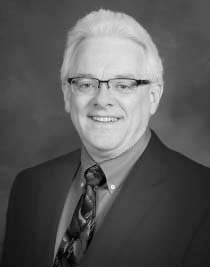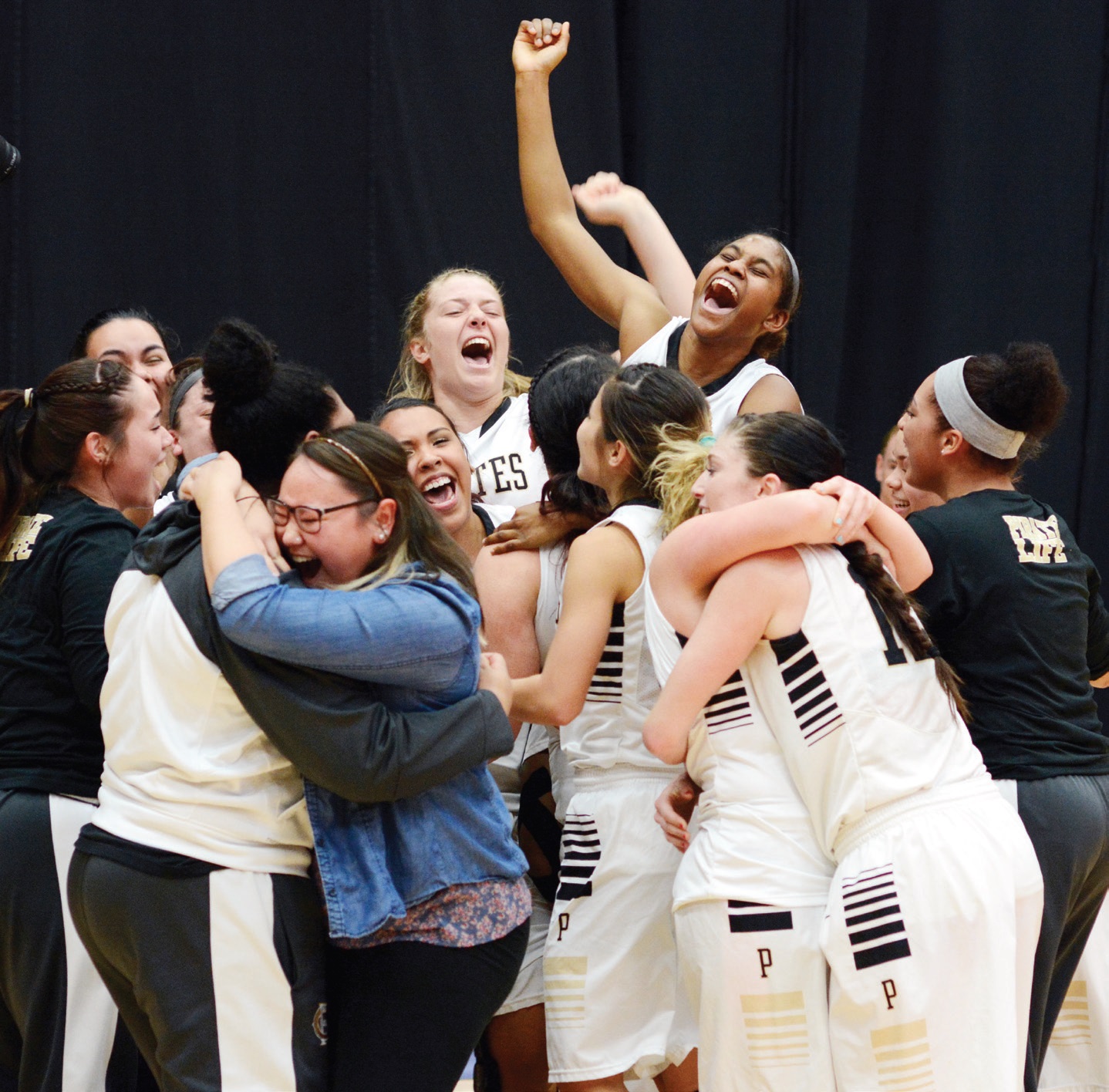
By Saki Kambe

To close the equity gap that is present at Peninsula College as much as possible, the administration is bringing attention to the issue.
Fostering Equity and Inclusion was one of the four core themes that were announced by PC President Luke Robins.
The other three were Advancing Student Success, Achieving Academic Excellence and Strengthening Communities.
The college has particularly been focusing on Fostering Equity and Inclusion.
Michael Benitez, vice president for the Office of Diversity and Inclusion at Metropolitan State University of Denver spoke at the faculty retreat, Professional Development Week, and weighed the importance of equity and inclusion at colleges.
The college decided to focus on equity because colleges in the Washington State Community and Technical Colleges have already been focusing on Guided Pathways. To enhance that, nurturing equity is something that should be focused on first, according to Robins.
Jack Huls, vice president of Student Services explained that Guided Pathways is an entire redesign of the instructional and service delivery efforts that captures more students that helps them to successfully complete a degree or a certificate.
As a reference, in a poll, 64 percent of the campus community voted that “Peninsula College educated diverse populations of learners through community-engaged programs and services that advance student equity and success.”
Furthermore, nearly the same, 60 percent of the campus community said they believed that “Peninsula College is a destination of cultural and environmental diversity where academic excellence transforms students’ lives and strengthen communities.”
Robins said that equity doesn’t necessarily mean equal. He added, “Seeking equitable success, equal opportunities, equal access is a journey and not always a goal.”
While informing and training faculty on equity and inclusion, it was not only about faculty. President of the Rainbow Alliance Club Logan Matlock and English Professor Kate Goschen have collaborated with Samantha Hines, associate dean of instructional resources in the library to organize a workshop. The workshop held in November addressed microaggressions and how to address and avoid them with practical application around inclusive use of pronouns.
Microaggressions are “the everyday verbal, non-verbal, and environmental slights, snubs, or insults, whether intentional or unintentional, which communicate hostile, derogatory, or negative messages to target persons based solely upon their marginalized Group membership,” said Derald Wing Sue, Professor of Counseling Psychology at Columbia University in a slide from the workshop.
Matlock, as a student sharing his perspective, encouraged faculty and professors to start paying closer attention to pronouns. Some professors already are, he said.
Faculty and staff responded by saying they could implement asking preferred pronouns written on nametags, and into their e-mails.



